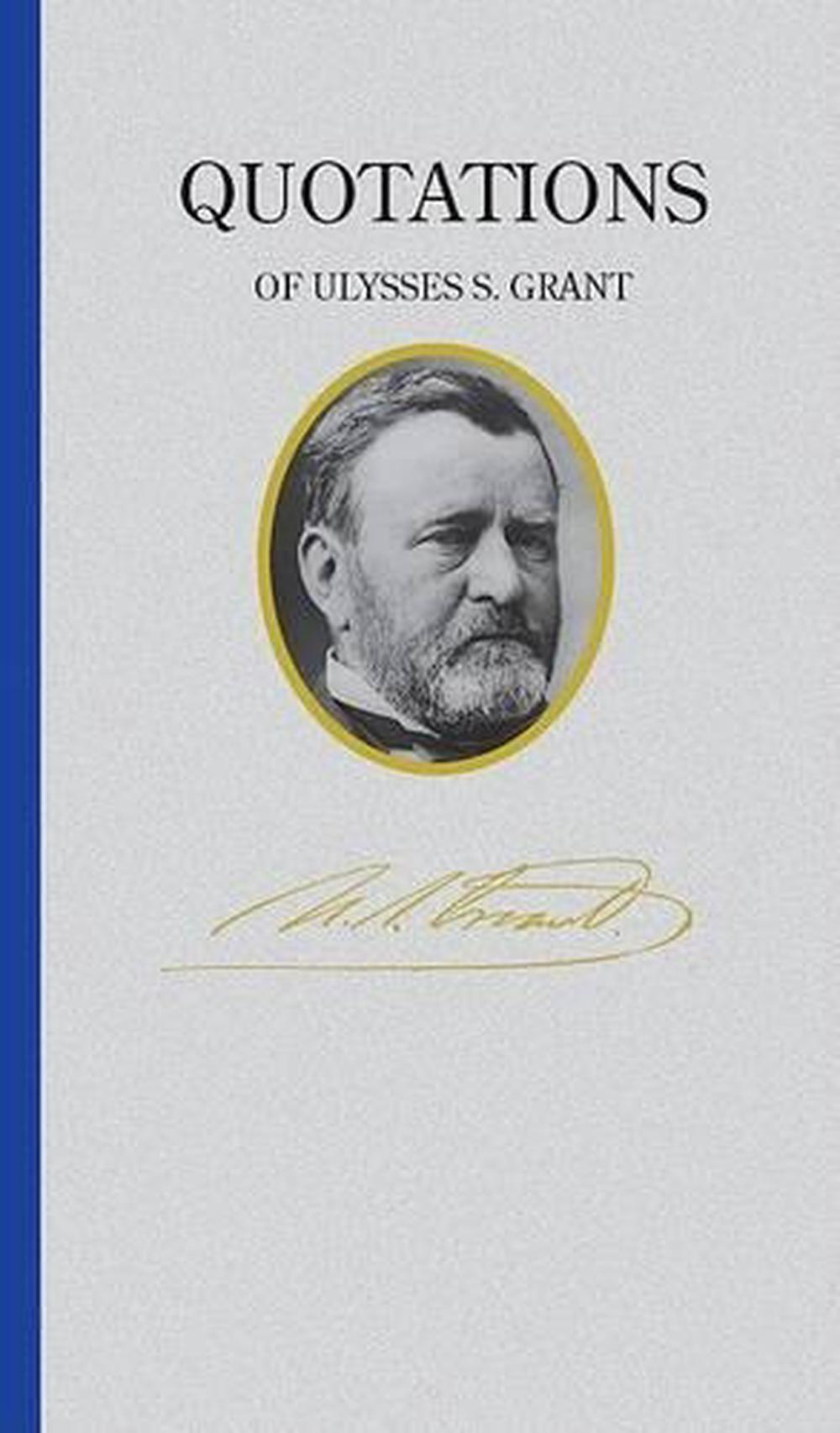

This fully searchable online archive is interoperable with other Rotunda titles, including those in its new Antebellum, Civil War, and Reconstruction collection. changed the nature of documentary editing.” The Rotunda edition contains the content of the original thirty-one print volumes edited by Simon, including all editorial annotations, introductory essays, and appendices, as well as an additional volume of supplementary documents completed by John F. This edition, wrote the New York Times, “helped cement Grant’s place as a literary memoirist and not just a war diarist. This digital edition is based on one of the great documentary editions in American scholarship, the original letterpress volumes of Grant’s papers, edited by John Y. Displaying results 113 Personal Memoirs of U. Grant’s last great act was the intensely focused composition of his memoirs, which became the best seller they were calculated to be and revealed Grant as one of the most eloquent Americans to pick up a pen. Guelzo Grant had a way of telling his story that left you believing he must be right in a lasting masterpiece of American literature. However flawed they may have been, actions such as his Civil Rights Act of 1875 and Indian Peace Policy strike the modern observer as farsighted in their prioritizing of human rights and their empathy with both African Americans and native peoples. Grant (39) One of the classic military autobiographies of all time. Grant’s willingness-it could never be called eagerness-to take on the presidency was inspired by his conviction that what had been so hard won in the war could not be wasted by “mere trading politicians.” His two terms as president included scandal, and some of Grant’s initiatives were more well-intentioned than successful, but he addressed a remarkable number of issues, ranging from the reconstruction of the South-which he sought to execute without a sense of Northern occupation-and the complex political divide that still existed to terrible economic upheaval, peaking with the Panic of 1873. He eventually won the job of Commanding General of the Union Army, and within roughly a year accepted Robert E. While Abraham Lincoln cycled through a succession of generals, none of whom could defeat the Confederate forces, Grant scored major strategic victories at Shiloh and Vicksburg and in the Chattanooga Campaign. forces in perhaps the most important war America ever fought and then serving as its eighteenth president during a period of profound change.įollowing a brief and frustrating period of civilian life after he fought in the Mexican American War (a war he personally did not approve of), Grant reentered military life at the outbreak of the Civil War. Grant never intended to make a career in the military, much less go into politics, but he ended up commanding the U.S.
#ULYSSES S GRANT BOOK FREE#
No Access? Click here for a free trial, or here to tell your librarian that you'd like it


 0 kommentar(er)
0 kommentar(er)
